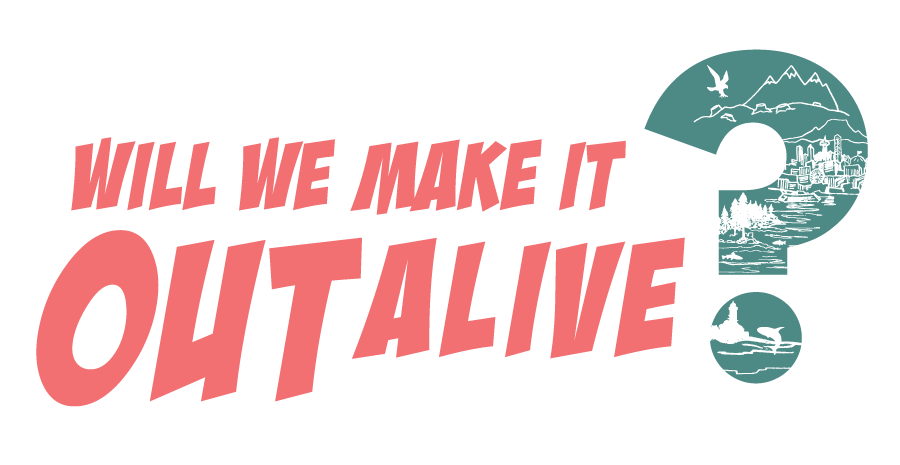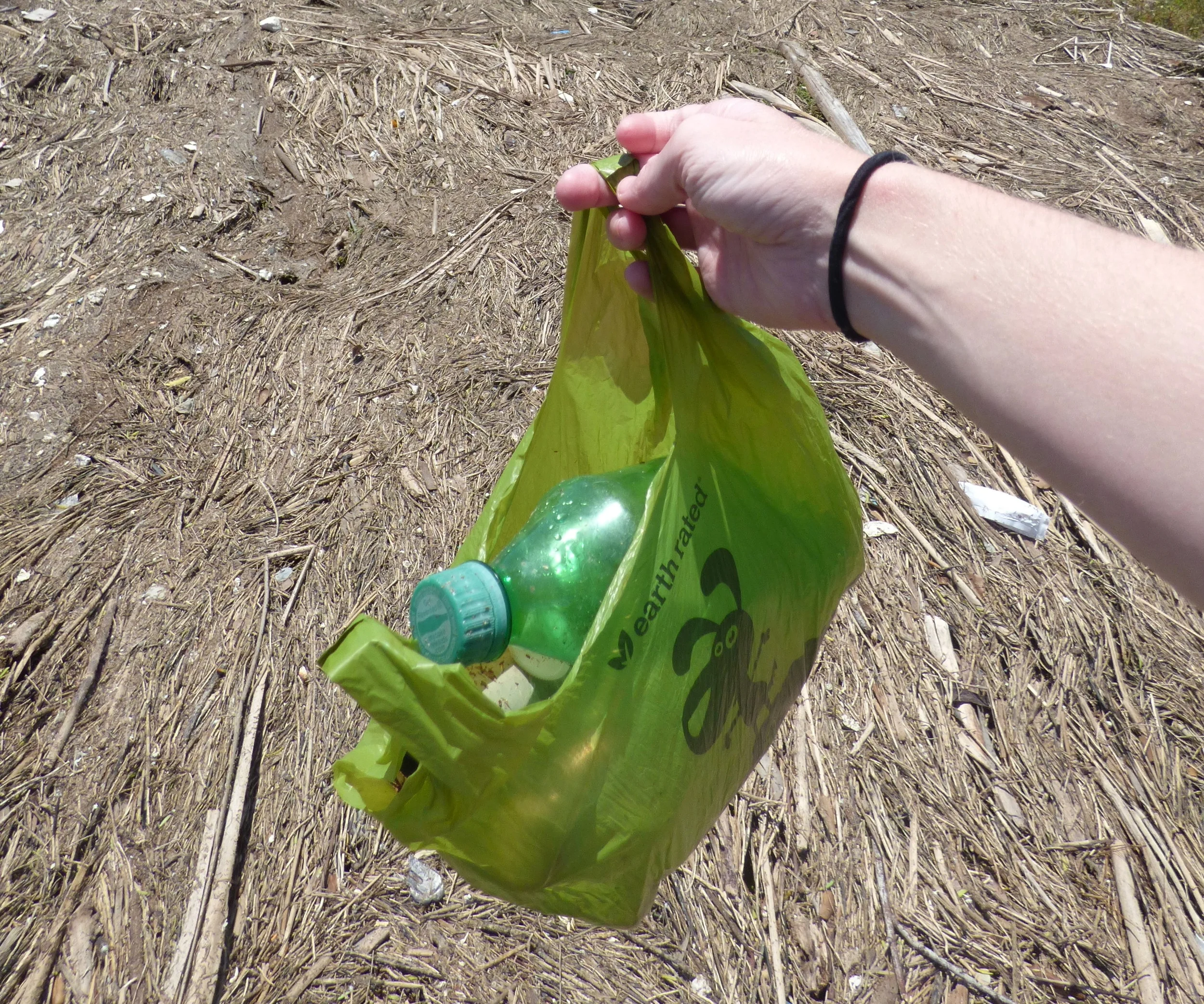Green Search Engines
/Are you a cat that is stuck mousing around with the same, carbon draining search engine? Did you know there are “green” search engines out there? These alternative search engines are mostly powered by the big guys, but part of the ad revenue goes to charity or protecting the environment instead of profits. Some cool cat search alternatives to look into include:
Ecosia.org - Powered mostly by Bing, they use their proceeds to plant trees in order to offset all of the carbon used to power the search engine.
EcoSearch.org - Powered by Google, but donates 100% of their proceeds to other environmental charities.
GoodShop.com - This isn’t a typical search engine. It is powered by Yahoo! and searches the web for the best deals as you shop for items. They then donate a portion of your purchase price to a charity of your choosing (at no extra cost to you).
If you want to stay with the tried and true, Google is working on their environmental impact. They are carbon neutral, but partly through purchasing carbon offsets. You can read their 2017 report here (it’s actually interesting, I swear!).
Every little bit adds up!






Find out how Jen the Magical Mapper has been doing on her Plastic Free July challenge!